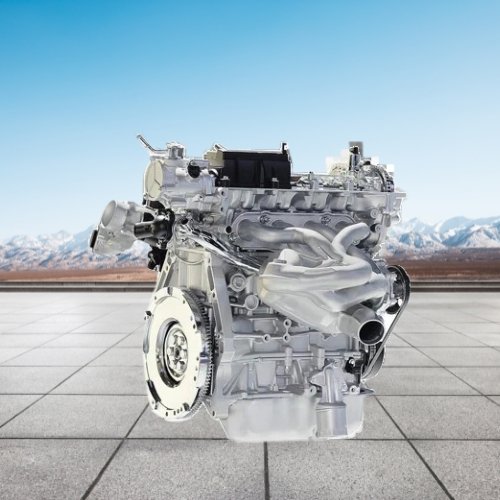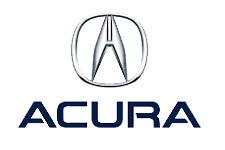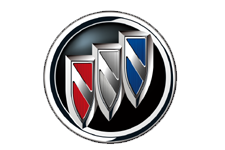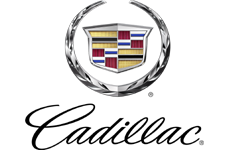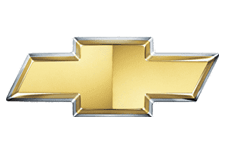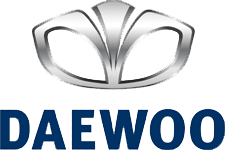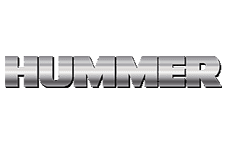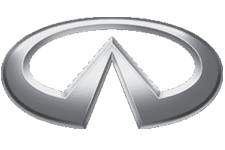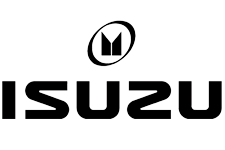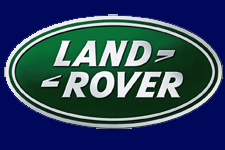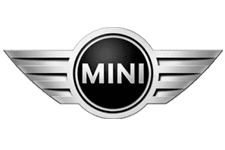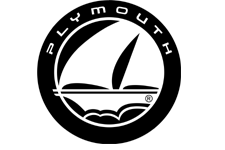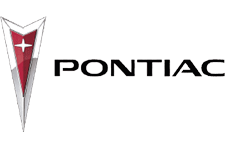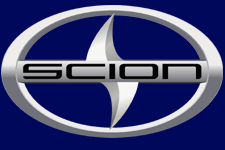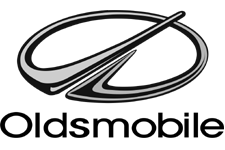Start Your Auto Quote
Used Chevy Engines
USED CHEVY ENGINESReputable sources for used engines include auto salvage yards, which often provide engines from vehicles that have been totaled but still have functional powertrains. These yards can be treasure troves for finding engines at a fraction of the cost of new ones. When visiting a salvage yard, ask about the mileage on the engine, its maintenance history, and any available warranties. Many platforms provide engines with warranties or return policies, offering some peace of mind. Additionally, joining forums or social media groups dedicated to Chevy enthusiasts can provide leads on engines for sale and insights from other users' experiences. Websites like Car-Part.com allow you to search for used engines across a network of salvage yards, helping you find the best deals.
Before purchasing, it is vital to verify the engine's condition. Request a detailed history report to reveal the engine’s past usage, maintenance records, and any previous issues. If possible, have a trusted mechanic inspect the engine to ensure it is in good working order. Key things to check include signs of wear and tear, leaks, unusual noises, and the condition of the internal components. Compression testing can also provide insight into the engine's health. By considering these factors and sourcing from reliable vendors, you can secure a dependable used Chevy engine that meets your needs and budget. Taking the time to do thorough research and verification will ensure you get a quality engine, prolonging the life and performance of your vehicle.



